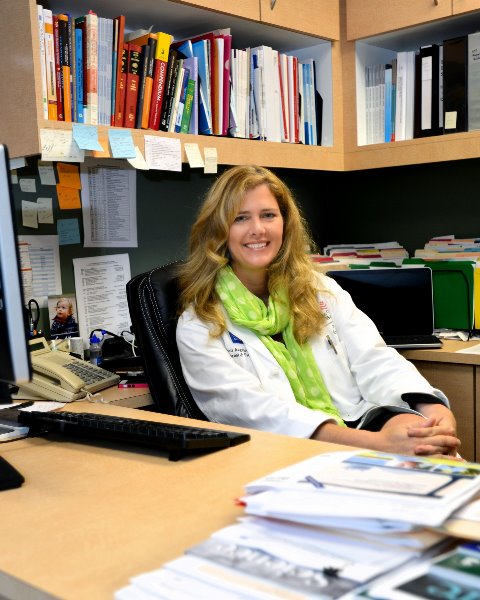Category: Clinical Obstetrics
Poster Session II
(553) Oral probiotic Limosilactobacillus reuteri alters maternal and infant microbiomes in a randomized placebo-controlled clinical trial
Limosilactobacillus reuteri is a commensal bacteria and common neonatal probiotic that rarely naturally occurs in humans. We hypothesized that 3rd trimester oral administration of L. reuteri, but not placebo, would modify the maternal and neonatal microbiome composition (community ecology).
Study Design:
Healthy gravidae (n=30) planning a scheduled Cesarean were recruited at 28-36 wks from Sahlgrenska University Hospital in Göteborg, Sweden and block randomized to 5 arms. A probiotic in lozenge, capsule or chewing gum formulation containing 200 million CFU of L. reuteri DSM17938 and L. reuteri ATCC PTA5289 (1:1), or a lozenge or capsule placebo, taken twice daily. Maternal oral, vaginal, and stool samples were taken at enrollment (V1), admission/delivery (V2) and 2-6 weeks postpartum (V3); breast milk, neonatal stool & oral, were sampled at V2 & V3. Samples were deeply WGS metagenomic sequenced (Illumina) for strain detection, and analyzed after removal of human reads and contaminants, with taxonomic classification on Kraken2. Classified reads were mapped directly to the probiotic strain L. reuteri reference genome using bowtie2.
Results:
Mapping directly to the probiotic L. reuteri strains, 1876 reads were found in placebo samples compared to 7595 in probiotic (p=0.00004, χ2) indicating probiotic strain level enrichment for treated groups. Body site specific comparisons were undertaken at each time point, demonstrating significant changes in the community ecology at some but not all maternal & neonatal sites in 3rd trimester probiotic arms (permanova < 0.001, Fig 1). Cooccurrence analysis revealed 120 significant species level interactions in the probiotic group (Fig 2B), and 91 in the placebo group (Fig 2A). Notably, no exclusions or associations were found between vaginal hallmark species L.crispatus, L.iners, nor Gardnerella vaginalis.
Conclusion:
A third trimester probiotic is sufficient to change the ecology of the maternal vaginal, breast milk and neonatal stool and oral microbiome genera.

Maxim D. Seferovic, PhD
Assistant Professor
Department of Obstetrics & Gynecology, Division of Maternal-Fetal Medicine, Baylor College of Medicine and Texas Children’s Hospital
Houston, Texas, United States
Michael D. Jochum, Jr., PhD
Postdoctoral Research Associate
Baylor College of Medicine
Houston, Texas, United States
Bo Jacobsson, Prof.,MD,PhD (he/him/his)
Professor
Sahlgrenska University Hospital
Gothenburg, Vastra Gotaland, Sweden
Kjersti M. Aagaard, MD,PhD
Professor and Vice Chair of Research Department of Obstetrics and Gynecology, Division of MFM
Texas Children's and Baylor College of Medicine
Houston, Texas, United States

.png)
